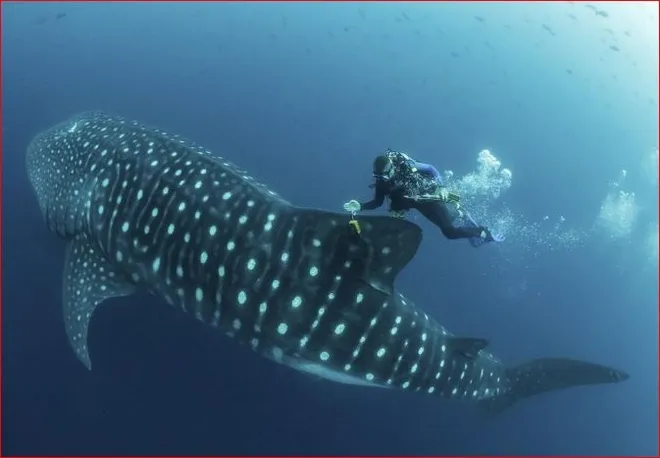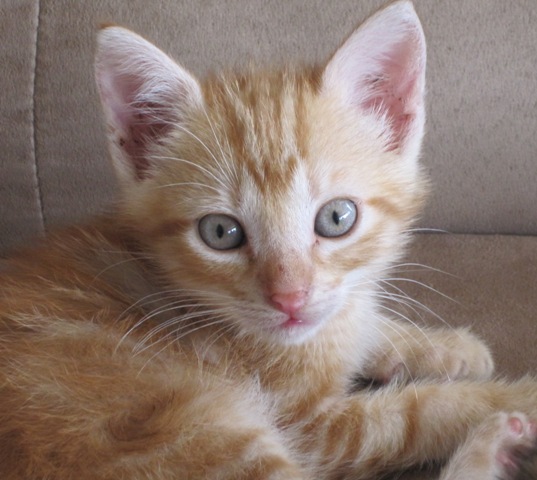Martinelli takes Chavez line on internet control

Those writing comments in Newsroom and other publications could be in trouble if other leaders are listening to President Ricardo Martinelli’s call for "global regulation" of computer IP numbers

An IP is a unique identification assigned to computers connected to the internet.
On Wednesday July 18 Martinelli, called for global regulations because "a lot of people hide under the anonymity of a computer to attack, denigrate and steal identities."
"There must be an identity of the IP when you publish something for or against a person. There must be a responsibility … this wildness has somehow to be controlled," said Martinelli at the opening of an Atlapa conference: “Connecting the Americas 2012"
"It is important that if someone writes we know who is responsible … there must be a global regulation of this,
The president addressed the president of the International Telecommunication Union (ITU), Hamadoun I. Touré, and said: “As global citizens we all have a responsibility to know who is speaking for or against on a mass medium like the Internet.
"It publishes a large number of false things on companies and individuals, and no one knows who made the post," said the President.
Martinelli's proposal says La Prensa is similar to that raised in 2010 by his Venezuelan counterpart Hugo Chavez, who said that internet "could not be something open where it can do and say anything. Each country applies its own rules and regulations."
Back then, Chavez complained that people use these sites (internet) to spread unfounded rumors.
During the Arab Spring government’s under siege attempted to shut down the internet and cell phones.
Secretary of State Hillary Clinton said in February that restrictions on the internet are not going to control the growing popular demand for democratic reforms. Clinton made the call following the democratic changes called for in the Middle East.
"It's amazing that the president who has used state resources to attack journalists and political opponents, now want to restrict the free use of the Internet to control the dissemination of political ideas", said vice president and president of the Panamanian Party, Juan Carlos Varela. Varela said that the proposal Martinelli against freedom of expression "is a clear reminder of why we must remain vigilant to ensure the protection of our
Simon Bolivar Aleman, president of the Forum of Journalists for Freedom of Information and Expression, said that Martinelli had said that freedom of speech is not negotiable, therefore, he cannot cut that right in half on the Internet.
Lawyer Ernesto Cedeno said that more and more restrictions and censorship exist in communications. He noted that earlier this year, the government cut
cellular telephone communications in Chiriqui, as an excuse to control protests by Indians. Recently, the Court criticized YouTube videos, containing attacks against Vice President Varela in clear violation of global rules, he said.





